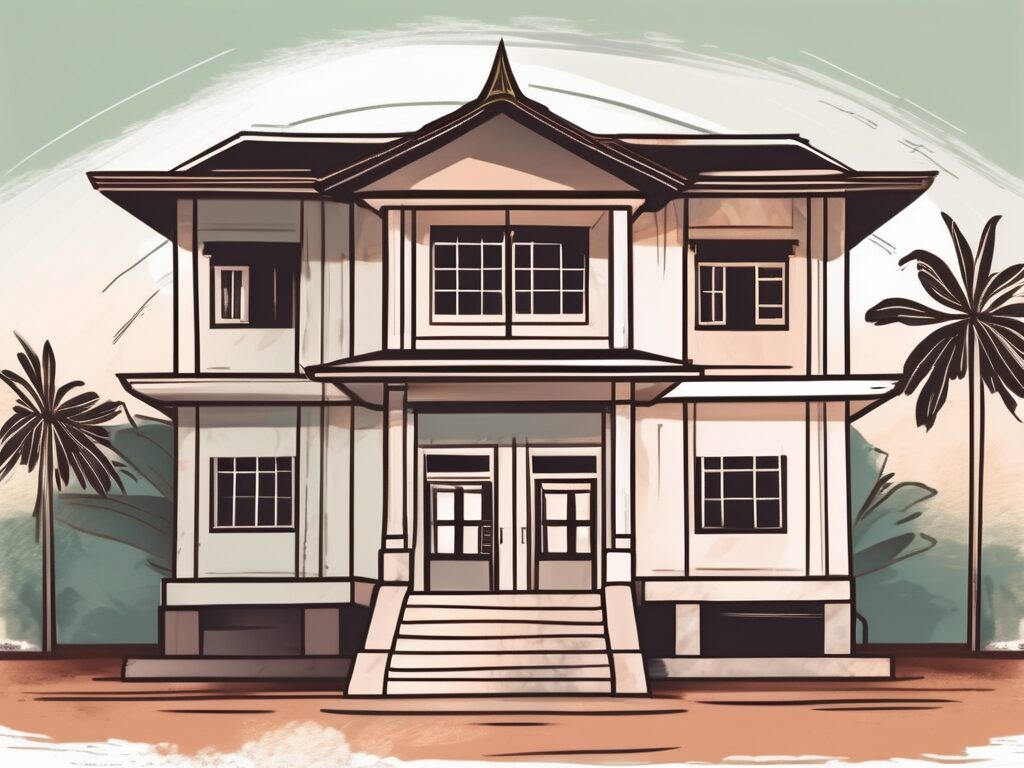Cambodia, a Southeast Asian nation with a rich history and diverse culture, has made significant strides in its education sector over the past few decades. The country has adopted a variety of assessment and evaluation methods to ensure the quality of education and to measure the progress of learners. This article delves into the intricacies of these methods, shedding light on their design, implementation, and impact.
The Cambodian Education System
The education system in Cambodia has undergone a series of reforms since the 1990s, with a focus on improving access to education and enhancing the quality of learning. The system is structured into pre-school, primary, secondary, and tertiary levels, similar to the education systems in many other countries.
Assessment and evaluation are integral parts of this system, used to gauge the effectiveness of teaching methods, measure student progress, and inform policy decisions. They are also used to ensure accountability and transparency in the education sector.
Assessment Methods
In Cambodia, a variety of assessment methods are used to measure student learning. These methods are designed to provide a comprehensive picture of a student’s knowledge, skills, and abilities.
One of the most common methods is the written examination, which tests students’ knowledge and understanding of a particular subject. This method is often used at the end of a term or academic year, and the results are used to determine whether a student is ready to progress to the next level.
Formative Assessment
Formative assessment is another method used in Cambodian schools. This type of assessment is carried out during the learning process and is designed to provide feedback to both students and teachers. It helps students identify their strengths and weaknesses and guides teachers in adjusting their teaching strategies to better meet the needs of their students.
Examples of formative assessment methods include quizzes, class discussions, and homework assignments. These methods are less formal than written examinations and are often used in conjunction with other assessment methods to provide a more holistic view of student learning.
Summative Assessment
Summative assessment, on the other hand, is used to evaluate student learning at the end of an instructional unit. This method is often used to grade students and to determine their readiness for the next level of education.
Examples of summative assessment methods include end-of-term tests, final projects, and national examinations. These methods are more formal and structured than formative assessments, and the results are often used for reporting purposes.
Evaluation Methods
Evaluation in the Cambodian education system is used to measure the effectiveness of teaching methods, curriculum, and education policies. It is also used to ensure accountability and transparency in the education sector.
One of the most common evaluation methods is classroom observation, where an observer (often a school administrator or an external evaluator) visits a classroom to observe the teaching and learning process. This method provides valuable insights into the effectiveness of teaching strategies and the learning environment.
Self-Evaluation
Self-evaluation is another method used in Cambodian schools. This method encourages teachers to reflect on their teaching practices and to identify areas for improvement. It is often used in conjunction with professional development programmes to enhance the quality of teaching.
Examples of self-evaluation methods include reflective journals, peer feedback, and professional development workshops. These methods provide teachers with the opportunity to learn from their experiences and to improve their teaching practices.
External Evaluation
External evaluation is a method used to assess the overall performance of a school or an education system. This method often involves an external evaluator (such as an education consultant or a government official) who conducts an independent review of the school or system.
Examples of external evaluation methods include school inspections, education audits, and national assessments. These methods provide an objective view of the school or system’s performance and are often used to inform policy decisions.
Conclusion
Assessment and evaluation are crucial components of the Cambodian education system. They provide valuable information about student learning, teaching effectiveness, and the overall performance of the education system. By understanding and effectively implementing these methods, Cambodia continues to enhance the quality of its education, paving the way for a brighter future for its learners.
Enhance Your Educational Impact with IPGCE
As you strive to improve assessment and evaluation methods in your educational practice, consider the transformative power of the International Postgraduate Certificate in Education (iPGCE). This Level 7 programme is designed to elevate your qualifications, increase your chances for international teaching roles, and support your professional development. With IPGCE, you can join a global network of educators, gain a deeper understanding of international curricula, and enjoy the flexibility of online study to balance your career advancement with existing commitments. Don’t let barriers hold you back—take the next step in your teaching career and Join the UK’s #1 Teacher Training Course today.

